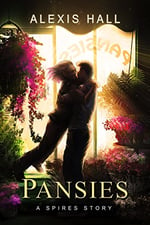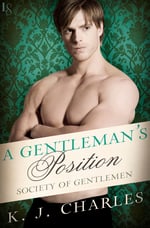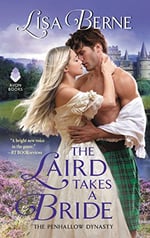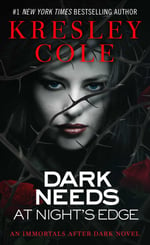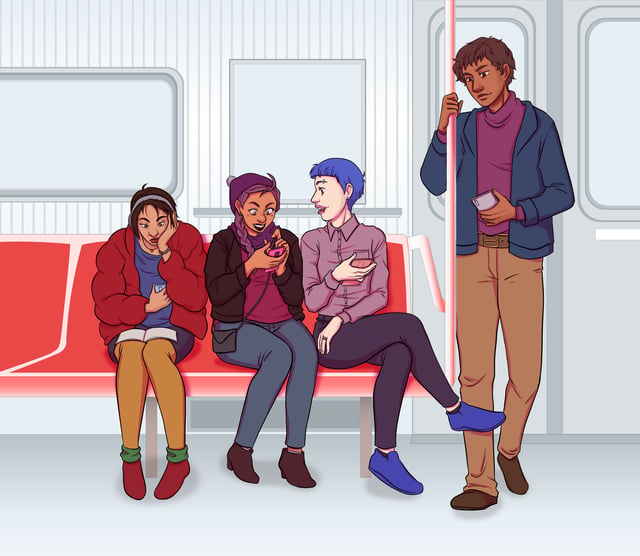Almost nothing seems to bring people together like how troubling a specific trope can be (let’s be honest, it’s the secret baby trope that gets mentioned most often). Seconds later, the conversation will turn to “Oh, but I loved this secret baby book by…” because there is also always an author who manages to defy expectations of a trope.
Here, the Love in Panels team talks about the books and authors who have managed to defy difficult tropes.
This post contains Amazon affiliate links.
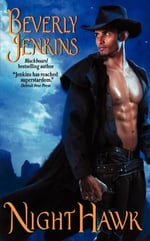 The Tropes: Prisoner and Officer of the Law, Secret Baby
The Tropes: Prisoner and Officer of the Law, Secret Baby
The Books: Night Hawk and Destiny’s Surrender by Beverly Jenkins
Ana: There are a lot of tropes that don't work for me, but I am a big believer that a trusted and skilled writer can make all the difference. I tend to stay away from tropes that involve very uneven power dynamics or unnecessary lies. An author needs to show that they understand the trope and the embedded power dynamics. Beverly Jenkins is one of those writers. Her books just always seem to work for me. For example, I am not a fan of the prisoner-and-officer-of-the-law trope because that seems like a situation ripe for abuse but Jenkins's Night Hawk leans right into the trope with Maggie leading Preacher on a merry chase before he wins her trust and heart. Likewise Destiny's Surrender is a secret baby and marriage of convenience romance, two tropes that I usually avoid, but Jenkins's Billie will do anything to save her child, including showing up at her ex-lover's door in the middle of his engagement party. Billie is not ashamed of her past or her choices, and it is Drew who has to grow emotionally and do the heavy emotional labor in their relationship in order to win over Billie. No matter the trope, I know I can trust Ms. Jenkins to create a romance worth reading.
The Book: Pansies, by Alexis Hall
Andrea: When I started reading Alexis Hall's books, they grabbed my heart with such delightful force that I never really gave it second thought --I had to read everything he ever wrote. I read them one after the other after the other, sometimes doing a reread in between.
When I got round to Pansies, the one with the cover I loved most, I was completely into Alexis Hall's writing and characters and I trusted him completely, but still... I had to really take a moment to evaluate that trust before I dove in. The reason I'm not into the Bully-To-Lover trope isn't complicated: I was bullied all through school. And I live in a city where I am at risk of occasionally encountering my bullies, but I do my best to avoid all likely situations, including avoiding places where I've seen them or heard they've been. So I would definitely not be like "oh, he's here... I wonder if he remembers me... guess not, well, let's have sex quick anyway, lol that's gonna be interesting in the morning!" That's just not feasible or interesting to me at all!!!! I'm disinterested and irritated and honestly, a little panicked even just writing about the possibility of this situation (pauses to make a cup of tea), but somehow (literally, how? what sorcery!)
Alexis Bloody Hall made magic and turned this 'I just left a wedding in my home town and had sex with my childhood bully who bullied me for being gay and now I guess is also gay?' storyline into one of my favourite books ever. It's got flowers and kindness and men being generous with their time, showing their love with patience. And he does it without demeaning or devaluing the impact of the bullying. He made me care deeply about the characters and their journey and it's really truly beautiful.
The Book: A Gentleman's Position, by KJ Charles
Suzanne: Power imbalances are tricky, and with issues like sexual harassment, the wage gap, and literally controlling someone's financial situation, I usually steer clear. (Coworkers, totally fine. "Oh shit he's my boss after we slept together? Ehhhh.) The thing is that it can absolutely be done well. I've read several that were! But when it's not done well, I cringe through the whole book. It's one of those tropes that I just don't like to take a chance on.
One way to get me to take the risk, however, is to stick the book as the final in a trilogy of connected stories. KJ Charles did this with A Gentleman's Position. I wanted the resolution of all the stuff that happens in the first two books, so I took a chance on this romance with a Lord and his valet. It's SO ANGSTY. Those caps are deserved, I promise. The best way to convince me that the characters care about the power imbalance is to have them work through it on page. In A Gentleman's Position, they go over it almost too much. Richard has been fighting his attraction to David for years, and when they finally give in it's both the best and the worst thing they could do. David's willing to quit, but how can they pass off their relationship unless they live together as Lord and valet? It's all resolved in a satisfactory way, but KJC has you wondering until the last just how they'll make it work and address the unethical elephant in the room.
The Book: The Laird Takes a Bride
Margrethe: For someone who dislikes the trope, I have read quite a few forced marriage romances. (We can all dissect that tidbit later.) And to be clear, I'm not talking about people who have to marry after the midway point of a book, I'm talking about the books where two people have one choice and it's to marry before you're a quarter of the way into the book. To be fair, this is a trope I pretty much only read in f/m historicals and part of the problem is that the power dynamics are weird. Usually, she's been ruined because they kissed or there's something in a will somewhere that ties an inheritance to marriage, and our heroine has to risk everything on a dude she maybe kissed once. However, The Laird Takes a Bride totally took the forced marriage trope and stared it down until the book won. It is honestly a fairly absurd setup (essentially Bachelor-style shenanigans in Scotland in the Regency), but then it turns into a book about a woman finding herself and discovering what she actually wants. And Fiona is difficult and imperfect and challenging, and I love her. (Related, I will read anything by Lisa Berne.)
The Book: All of them?
Amy: I generally don't like the "fated mates" trope. I find that a lot of paranormal authors use this an an excuse to play fast and loose with the concept of consent. Everything is fine because they're destined to be together! Totally barge in and claim her anytime, bro! It always shows up as a physical claiming and assertiveness, lots of words about how "you are mine" and claims of "manliness." Cue eye roll.
That being said - I STILL READ THESE BOOKS. I still roll my eyes a lot but sometimes I do find some things I like within the narrative to keep me reading, or it's toned down to a point that makes it readable. There hasn't been one (yet) that has changed my mind completely, but I have some recent finds that may sway my feelings about fated mates.
Tell us - what romance did you love despite hating the trope(s) within?

